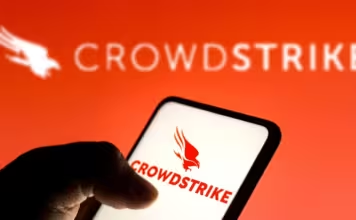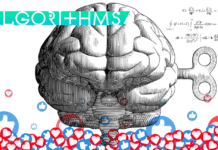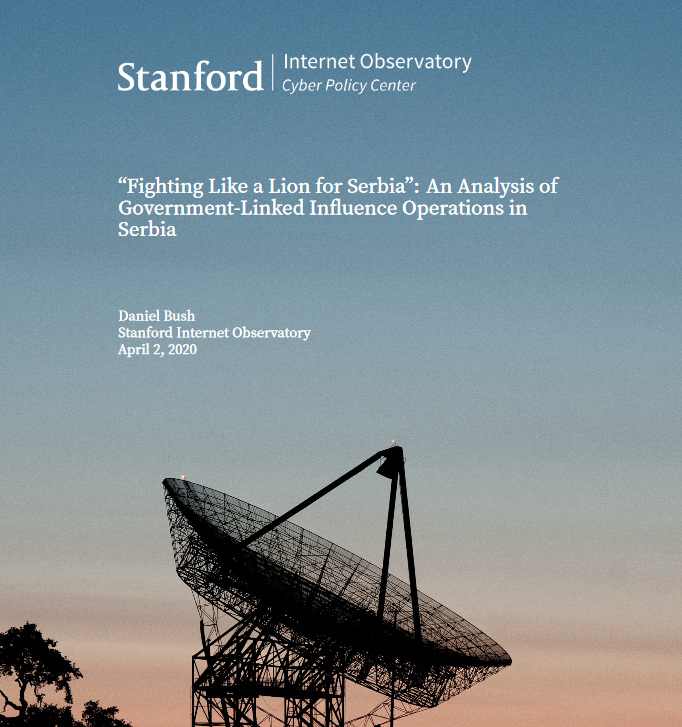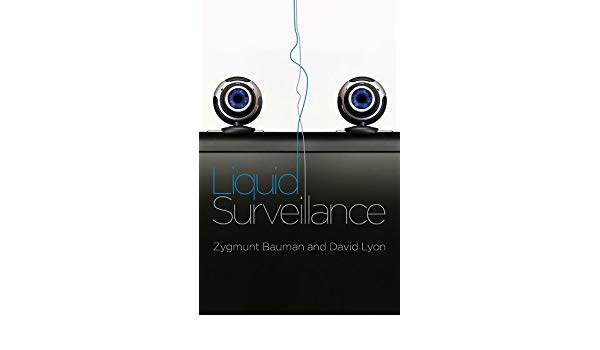Why the US and China need a detente in cyberspace
Last week, China accused the US of being behind a cyberattack on Northwestern Polytechnical University and stealing core technical data. In March, a state-owned...
US Cyber diplomacy bureau opens for business
FIRST IN MC: A NEW ERA FOR CYBER DIPLOMACY — The State Department’s Bureau of Cyberspace and Digital Policy is today kicking off the...
Srbija i Severna Makedonija na Fejsbukovoj listi špijunaže
Fejsbuk je otkrio kompanije koje su špijunirale novinare i političare, među državama su i Srbija i Severna Makedonija.
Kompanija Meta koja je vlasnik društvene mreže...
Algorithms control your online life. Here’s how to reduce their influence.
The world in 2020 has been given plenty of reasons to be wary of algorithms. Depending on the result of the U.S. presidential election,...
Novi Trojanac za špijunažu targetira diplomatske entitete u Evropi putem lažne prijave za vizu
U novembru 2019. godine, tehnologije kompanije Kaspersky otkrile su novi malver koji se fokusira na diplomatska tela u Evropi, pri čemu širenje zaraze otpočinje...
“Fighting Like a Lion for Serbia”: An Analysis of Government-Linked Influence Operations in Serbia
On March 26, 2020 Twitter announced a takedown of accounts targeting Ser- bian Twitter users. Twitter reported that this network—consisting of approxi- mately 8,500...
Kao u vreme OZNE: Crnogorska policija prati društvene mreže – uklanja sporne profile i...
Policija pomno prati ko na društvenim mrežama kritikuje državu i njene zvaničnike, a u tom poslu im pomažu i građani, pišu Vijesti.
Komentari događaja i...
How Sahel rebel groups use online diplomacy
In the absence of access to privileged diplomatic channels, rebel groups engage in more public relations with foreign elites, international organizations and civil society...
Svaki treći računar koji obrađuje biometriju lica pokuša da ukrade podatke ili uspostavi daljinsku...
Kako biste se zaštitili od potencijalnih rizika sajber napada, stručnjaci kompanije Kaspersky savetuju sledeće:
The Downside of Digital Diplomacy: Life in the Age of Constant Surveillance
Philosophers and political theorists have argued that the goal of every society is complete control. This is also true of democratic societies and herein lies the tension of every democracy. That a government is elected by people to manage its affairs. Yet soon that very government strives to control its citizenry. Free people thus freely put on the shackles of their domination.
In the digital age, control is gained through data. Governments have at their disposal swarms of data gathered on every citizens ranging from his/her blood pressure, as monitored by HMOs, to his/her credit history, as reviewed by banks. Information that cannot be accessed by governments, soon surrenders to their authority. Such was the case when Facebook allowed US intelligence agencies to access its databases. Notably, Facebook’s is perhaps the most invasive, sensitive and awesome database ever created. Using its algorithms, Facebook is able to deduce one’s political affiliation, sexual orientation, health st..



















